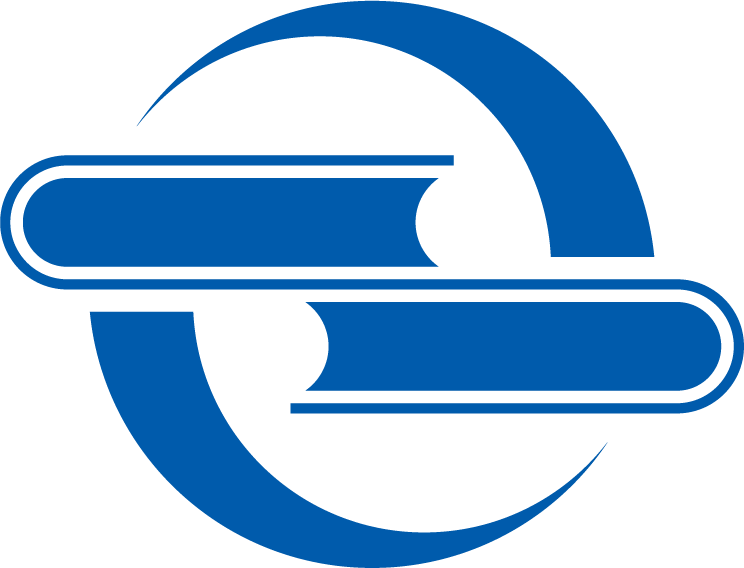
Engineering Design Applications II: Structures, Materials and Processes
工程设计应用II:结构,材料和工艺
This book offers an update on recent developments in modern engineering design. Different engineering disciplines, such as mechanical, materials, computer and process engineering, provide the foundation for the design and development of improved structures, materials and processes. The modern design cycle is characterized by the interaction between various disciplines and a strong shift to computer-based approaches where only a few experiments are conducted for verification purposes. A major driver for this development is the increased demand for cost reduction, which is also linked to environmental demands. In the transportation industry (e.g. automotive or aerospace), the demand for higher fuel efficiency is related to reduced operational costs and less environmental damage. One way to fulfil such requirements is lighter structures and/or improved processes for energy conversion. Another emerging area is the interaction of classical engineering with the health and medical sector.
<p><b>Prof. Andreas 脰chsner</b> is a Full Professor of Lightweight Design and Structural Simulation at Esslingen University of Applied Sciences, Germany. After obtaining a Dipl.-Ing. degree in Aeronautical Engineering at the University of Stuttgart (1997), Germany, he served as a research and teaching assistant at the University of Erlangen-Nuremberg from 1997 to 2003 while working to complete his Doctor of Engineering Sciences (Dr.-Ing.) degree. From 2003 to 2006, he was an Assistant Professor at the Department of Mechanical Engineering and Head of the Cellular Metals Group affiliated with the University of Aveiro, Portugal. He spent seven years (2007-2013) as a Full Professor at the Department of Applied Mechanics, Technical University of Malaysia, where he was also Head of the Advanced Materials and Structure Lab. From 2014-2017 he was a Full Professor at the School of Engineering, Griffith University, Australia and Leader of the Mechanical Engineering Program (Head of Discipline and Program Director). </p> <p><b>Prof. Dr.-Ing. habil. Dr. h. c. mult Holm Altenbach</b>, is a member of the International Association of Applied Mathematics and Mechanics, and the International Research Center on Mathematics and Mechanics of Complex Systems (M&MoCS), Italy. He has held positions at the Otto von Guericke University, Magdeburg and Martin Luther University, Halle-Wittenberg, both in Germany. He graduated from Leningrad Polytechnic Institute in 1985 (diploma in Dynamics and Strength of Machines), and was awarded his Doctor of Technical Sciences degree in 1987 at the same Institute.</p> <p>He is currently a Full Professor of Engineering Mechanics at the Otto von Guericke University Faculty of Mechanical Engineering, Institute of Mechanics (since 2011), where he has been acting director since 2015</p> <p>His areas of scientific interest include</p> <p>- General theory of elastic and inelastic plates and shells</p> <p>- Creep and damage mechanics</p> <p>- Strength theories</p> <p>- Nano- and micromechanics </p> <p>Author/Co-author/Editor of 60 books, 380 scientific papers (250 of which were peer-reviewed) and 500 scientific lectures, he was the Managing Editor (2004 to 2014) and has been Editor-in-Chief (since 2005 ) of the Journal of Applied Mathematics and Mechanics (ZAMM) - the oldest journal in mechanics in Germany (founded by Richard von Mises in 1921). He is the Advisory Editor of the journal <i>Continuum Mechanics and Thermodynamics</i>, Associate Editor of the journal <i>Mechanics of Composites</i> (Riga) and Co-Editor of the Springer Series "<i>Advanced Structured Materials</i>". </p> <p>His numerous awards include the 1992 Krupp-Award (Alexander von Humboldt-Foundation); 2000 Best paper of the year (Journal of Strain Analysis for Engineering Design); 2003 Gold Medal of the Faculty of Mechanical Engineering, Politechnika Lubelska, Poland; 2004 Semko-Medal of the National Technical University Kharkov, Ukraine;2007 Doctor honoris causa, National Technical University Kharkov; 2011 Fellow of the Japanese Society for the Promotion of Science; 2014 Doctor honoris causa, University Constanta, Romania; 2016 Doctor honoris causa, Vekua-Institute, Tbilisi, Georgia; and 2018 Alexander von Humboldt Award (Poland).</p>